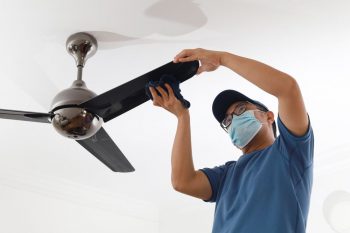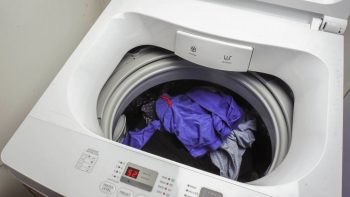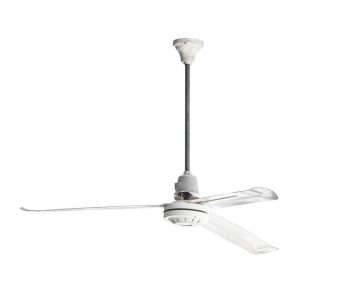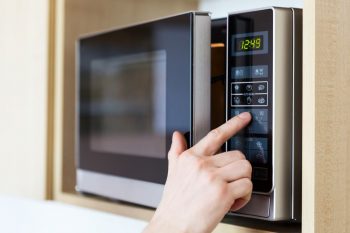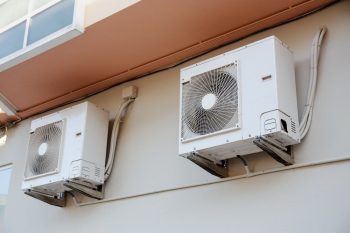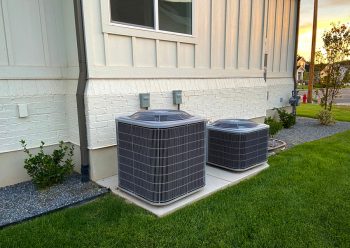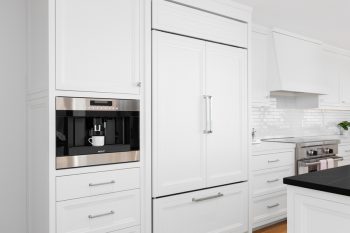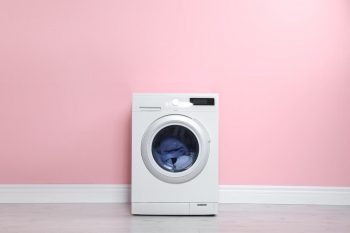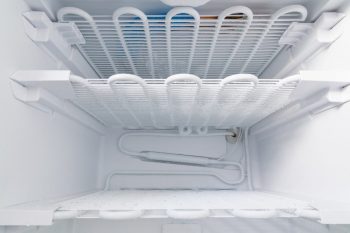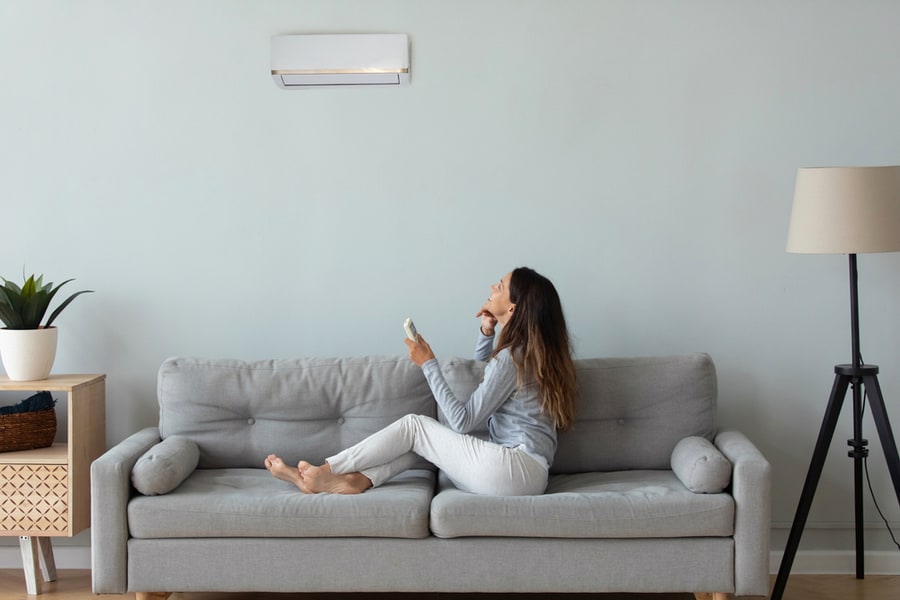
While it is hot outside, you notice that your air conditioner has been on for an entire day. Is it normal for your air conditioner to run all day?
An air conditioner can typically cool your room in 15 to 20 minutes before shutting off.
However, if it’s extremely hot outside, more than 80 degrees, your air conditioner might run all day. It might never turn off in some situations.
In some instances, a running air conditioner is normal. Some energy-efficient systems are built to function at a maximum capacity of 24 hours a day.
However, if this is unusual for your system or if you have other concerns, there might be more serious problems at hand.
Some of them are self-correctable. Whereas, for some of them, you should contact HVAC experts to arrange a maintenance check.
Though it’s best to turn it off every few hours to make sure that:
- Electricity cost is not increased.
- There is no systemic failure.
- It is not overworking your system, leading to a breakdown.
- Nothing affects its cooling.
It’s always advisable to plan a yearly inspection and have your air conditioner repaired as necessary.
Your air conditioner running all day has different reasons. Please make yourself at ease because we have gathered all the necessary information here.
6 Common Reasons Why Your Air Conditioner Is Constantly Running
Your air conditioner system may seem to be constantly running for various reasons. Probably, this isn’t always a negative thing.
Some causes can point to a system issue, while others might make you aware of additional problems in your house that you can address.
1. Undersized Air Conditioner
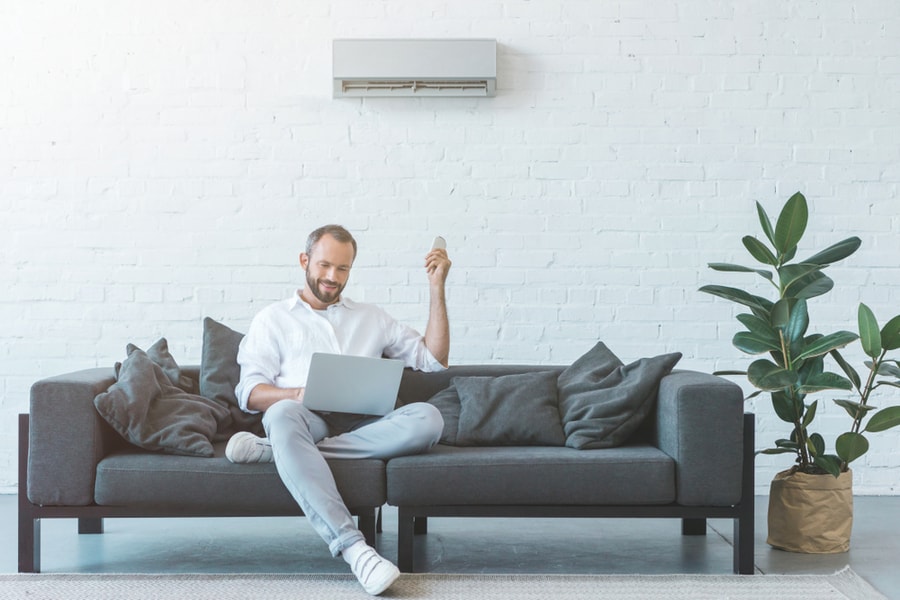
The size of your air conditioning unit is the main determinant of air conditioner run times.
Installing the proper-sized AC unit for your house is essential. A small unit will have to work harder to cool a big house.
A large air conditioner will reduce your run time to under ten minutes. Short cycling, as it is often known, occurs when your air conditioner cools your house too quickly.
The pressure in the evaporator (cooling) coil will decrease due to this continuous running until it freezes over. This is risky because the freezing could result in a flood of liquid refrigerant that harms the compressor.
A costly part you don’t want to repair is the compressor.
- You recently purchased a new air conditioner.
- The air from the vents is cool, and the airflow is normal, yet your home does not reach the thermostat temperature on hot days.
- There is ice on the evaporator coil (refrigerant tubes in the inside unit).
2. Outside Temperature

The amount of time it takes for your air conditioner to reach the temperature you want increases as the outside temperature rises. This is especially true during periods of excessive humidity.
If your air conditioner runs more frequently on hot days, you shouldn’t be frightened. You can sleep well as long as the temperature inside is comfortable and cold air is blowing from your vents.
3. Low Refrigerant
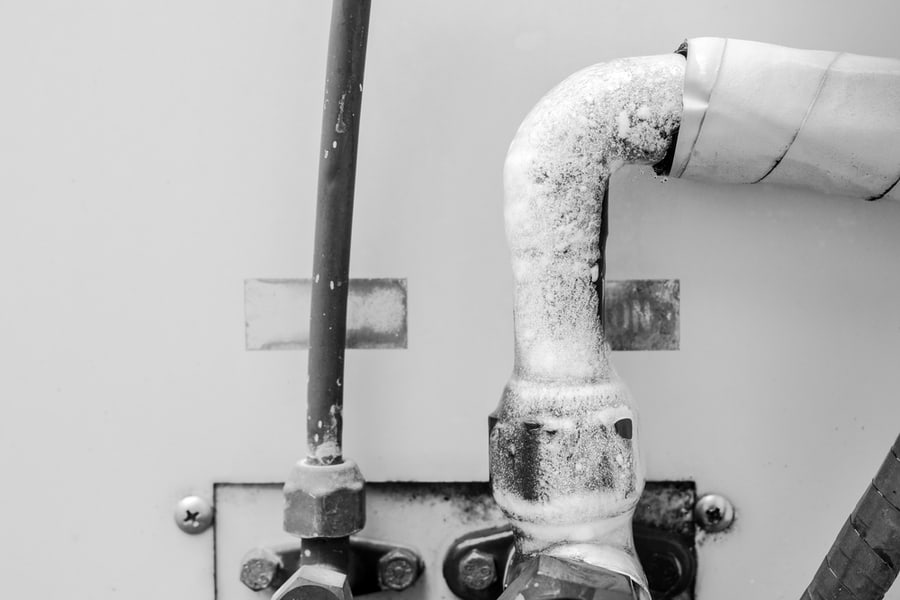
Low refrigerant levels in air conditioners might result in cooling problems and daylong running of the air conditioner. These are the signs that the low refrigerant is the problem:
- When it’s hot outdoors, the air conditioner doesn’t blow any cool air, or the air isn’t cool.
- A refrigerant leak is found anywhere in the system.
- There is ice on the evaporator coil.
4. Air Conditioner Is Getting Old
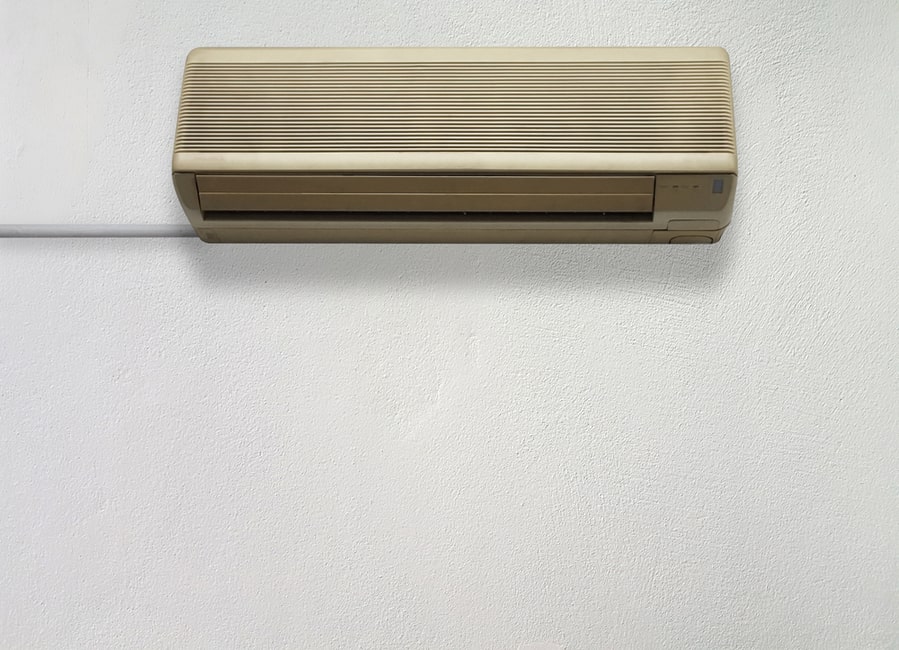
Like all things, air conditioners get older. Your air conditioner will naturally need to work a little more as it ages to provide the same results.
However, an air conditioner that is over ten years old that constantly runs and requires maintenance just ends up costing you money.
5. Faulty Thermostat
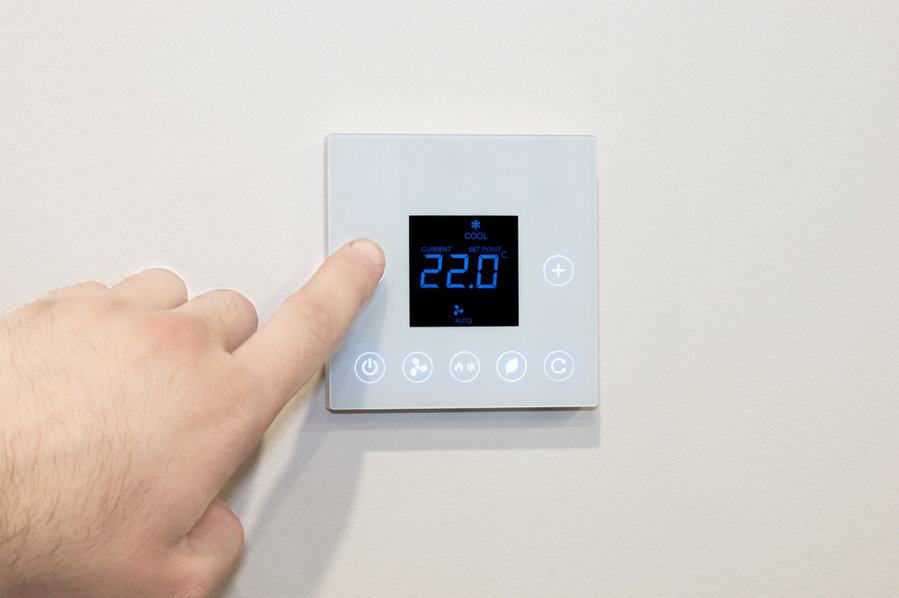
If your air conditioner keeps running, there could be a problem with your thermostat. Your house may have attained the ideal temperature, but the thermostat fails to recognize the situation. In this scenario, your air conditioner will keep running.
Placing a different thermometer close to the thermostat is one approach to check the latter. Check the reading an hour or two later. There might be an issue with your thermostat if it is at or close to the temperature you want in your home.
6. Blocked Airflow
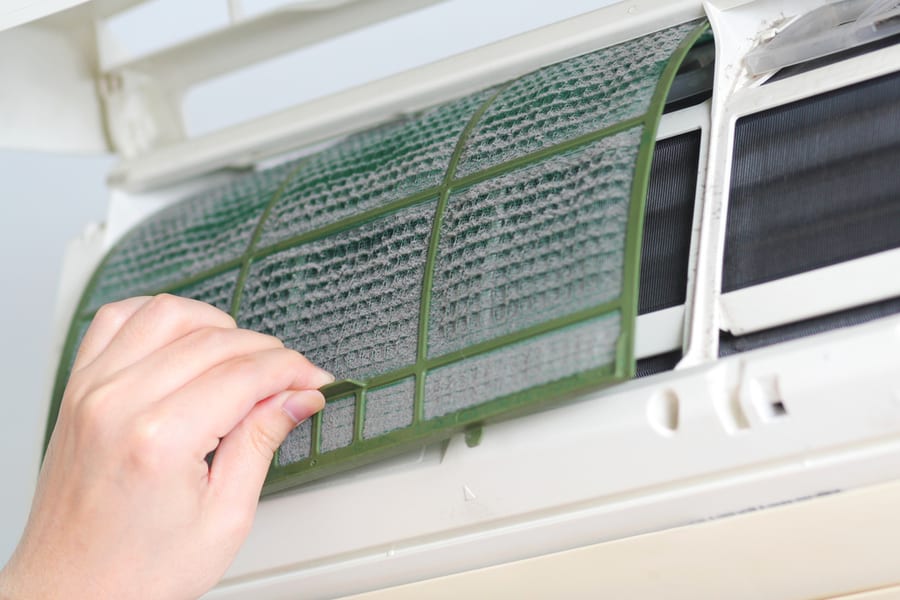
Your air conditioner will struggle to operate if the airflow to or from it is restricted. If the airflow is obstructed, your system must expend more energy to function. That implies that it will keep running.
Your air conditioner’s airflow may be obstructed by several factors, including:
- A dusty, congested air filter
- Faulty motor
- Dripping ductwork
Conclusion
If your air conditioner may need to run more frequently than necessary for any of the reasons mentioned, it will cost you more money.
Don’t get alarmed. It will fluctuate, and if you’re concerned that something is wrong, your best option is to get in touch with a professional and let them know you have an air conditioner system operating consistently.
Frequently Asked Questions
How Frequently Should I Have My Air Conditioner Serviced?
Your system should be serviced at least once annually and periodically inspected up to four times annually, depending on your system. We advise setting up a consultation with a reputable HVAC service provider.
A reputable service provider may design a service plan to fit your budgetary needs and maintain your system operating effectively based on your system’s age, size, and usage.
Why Does My Air Conditioner Freeze After Running for a While?
There are several causes for this, and almost all of them call for the assistance of a qualified specialist.
Ensure your air filter is clean and the airflow is not impeded before anything else. If the filter was the problem, you could hasten the thawing process by switching off your system and then turning on the fan only.
Just make sure to return the settings to normal afterward. Low refrigerant, a filthy evaporator coil, a bad blower motor, or a relay problem are further potential causes.

